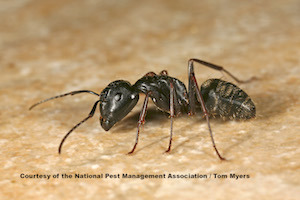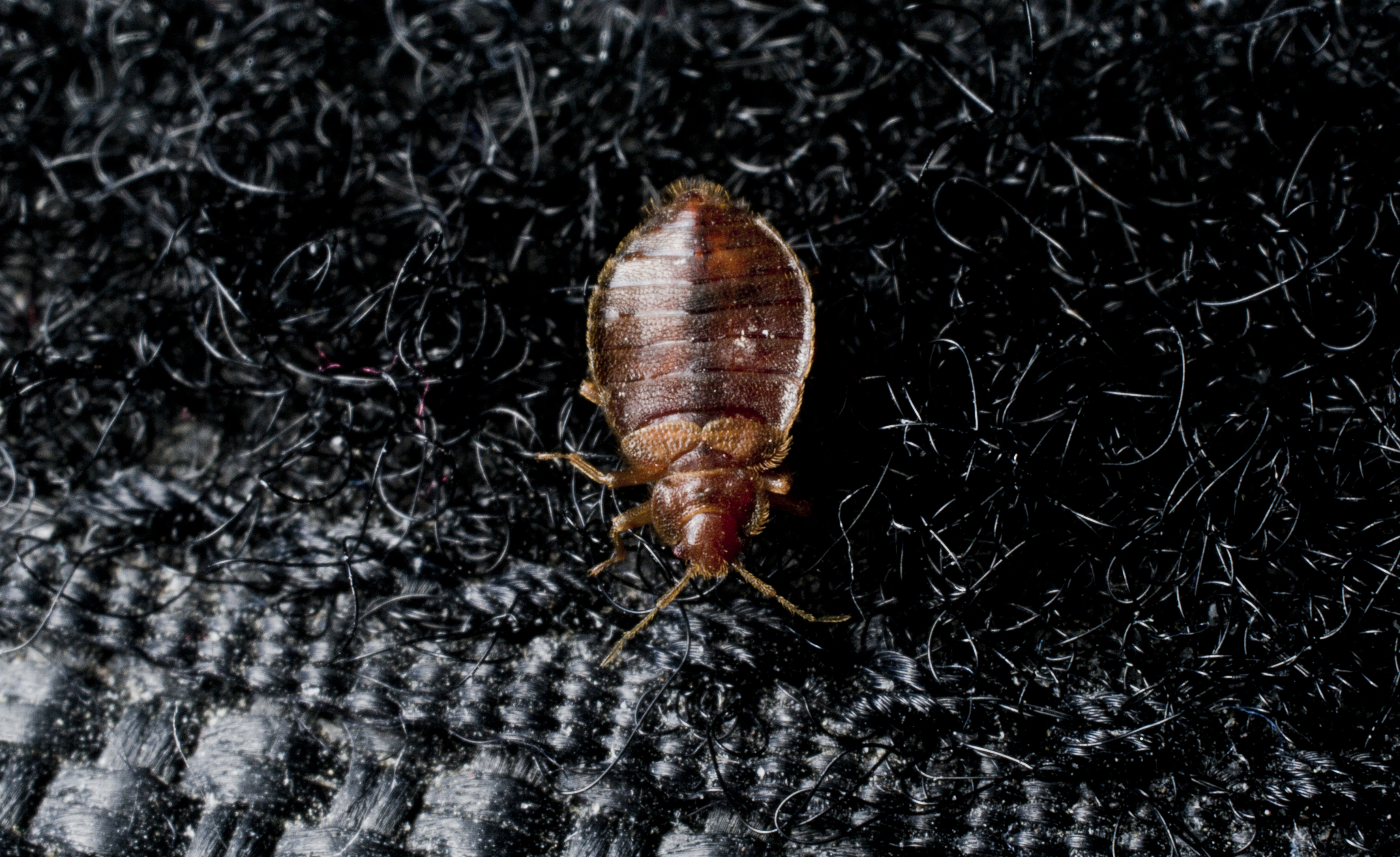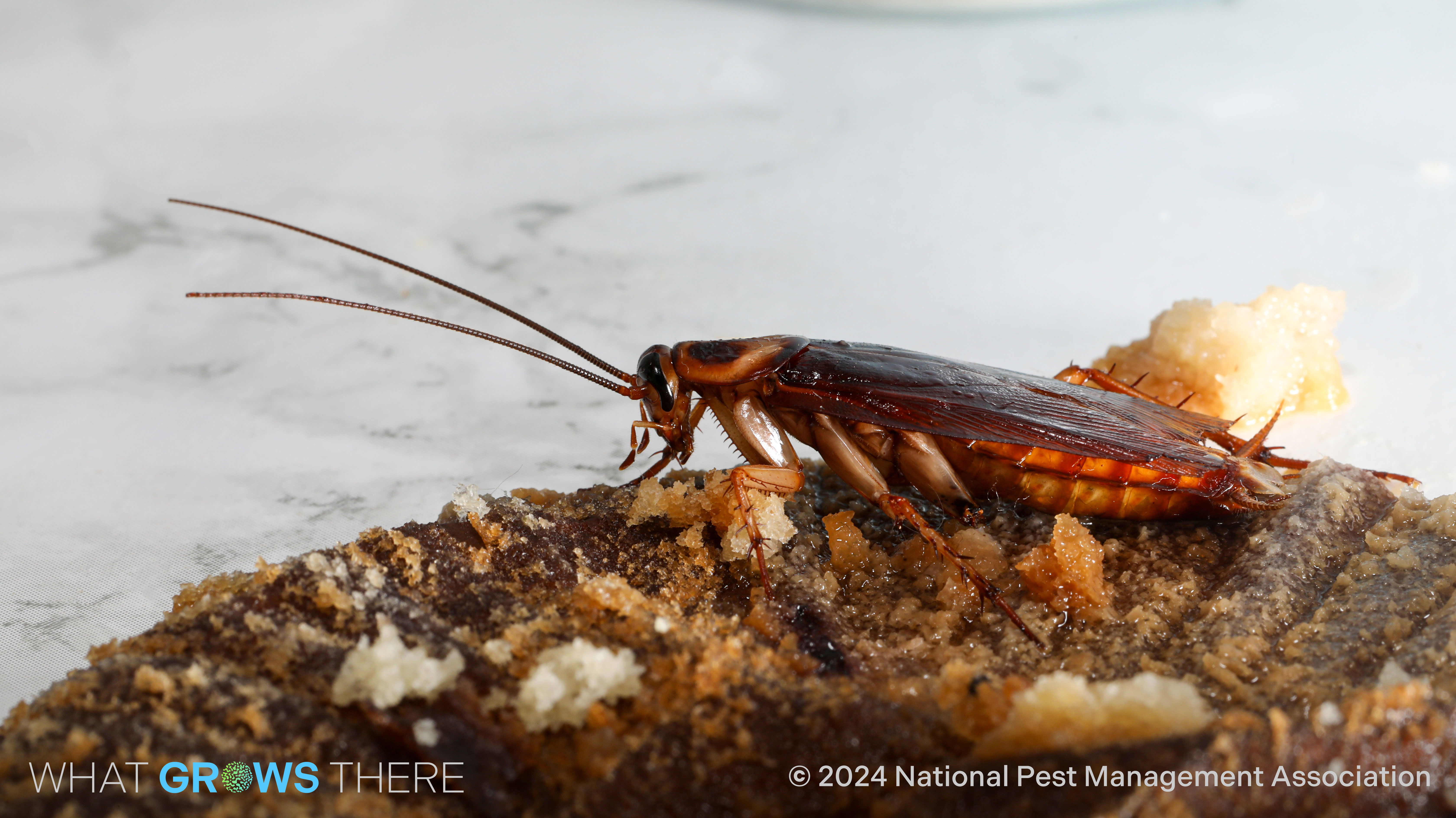Zika Virus: Symptoms, Treatment and Prevention
Zika virus, first identified in 1947 in the Zika forest of Uganda, is a rare mosquito-borne disease that has recently made its way to the U.S. The virus is spread through the bite of an infected Aedes genus mosquito, the same type of mosquito that carries dengue fever and chikungunya.

Also known as Asian tiger mosquitoes, this species is most active during the daytime, unlike most other species that prefer to feed during dusk and dawn. Asian tiger mosquitoes can be active year-round in warmer regions, but they are also capable of overwintering in colder climates. Female mosquitoes will find items that hold stagnant water to lay their eggs in, including clogged drains, bird baths and flower pots. Learn about Zika virus symptoms, treatment and prevention below.
Zika Virus Symptoms:
About one in five people infected with Zika virus become ill, experiencing symptoms for several days, including mild headaches, fever, rash, conjunctivitis and joint pain. More alarmingly, Zika virus has also been linked to a potentially fatal neurological disorder called microcephaly. This is known to halt brain development in newborn babies, causing them to be born with small heads.
Zika Virus Treatment:
If you experience any of these symptoms, especially after knowingly being bitten by a mosquito, be sure to seek medical attention immediately.
Zika Virus Prevention:
To avoid being bitten by mosquitoes potentially carrying Zika virus, follow these prevention steps:
- Wear insect repellent containing at least 20 percent DEET, picaridin or oil of lemon eucalyptus. Follow label instructions carefully and reapply as needed.
- Wear long pants and long-sleeved shirts outdoors to limit exposure to mosquitoes.
- Standing water can serve as a mosquito breeding ground, so make sure to eliminate any areas around your property such as stagnant bird baths or overturned grill covers.
- Work with a licensed pest control professional to help reduce biting mosquito populations on your own property.

Learn About Ants
Ants are a common pest homeowners struggle to eradicate. Learn more about them!

Bed Bug Pest Guide
Traveling for the holidays this year? Be sure to keep an eye out for bed bugs! Use our Pest Guide to help identify this pest.

NPMA's What Grows There? Project
Check out NPMA's What Grows There? project to learn how pests, such as flies, cockroaches and rodents, can spread germs throughout a home.
Find a PEST PRO in your area

Learn About Ants
Ants are a common pest homeowners struggle to eradicate. Learn more about them!

Bed Bug Pest Guide
Traveling for the holidays this year? Be sure to keep an eye out for bed bugs! Use our Pest Guide to help identify this pest.

NPMA's What Grows There? Project
Check out NPMA's What Grows There? project to learn how pests, such as flies, cockroaches and rodents, can spread germs throughout a home.
